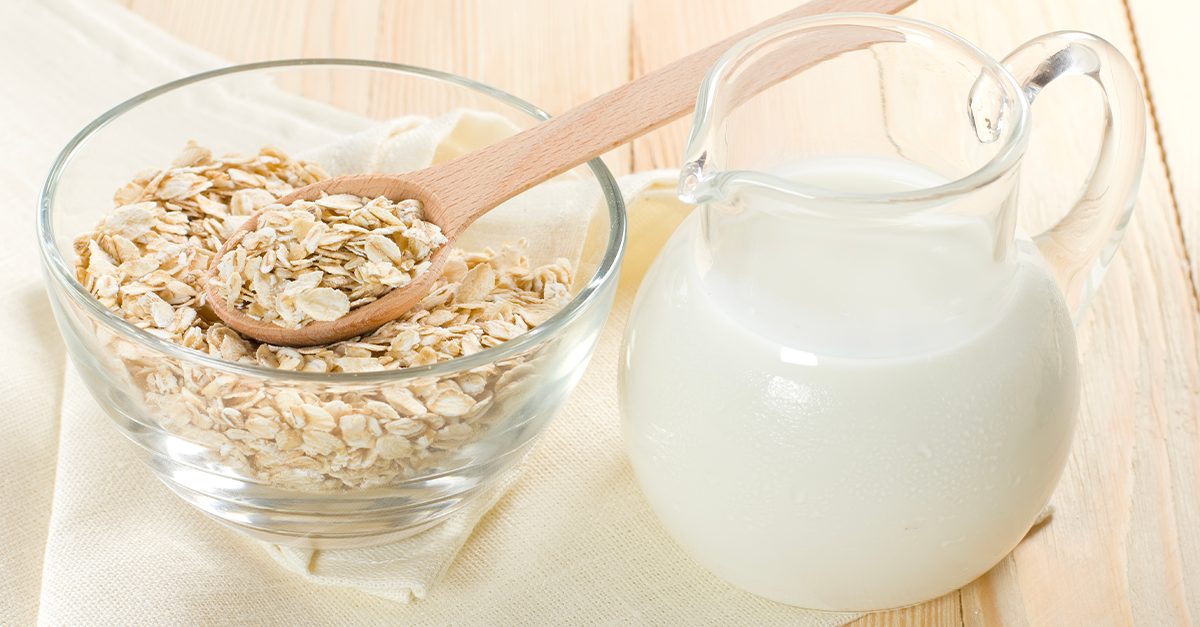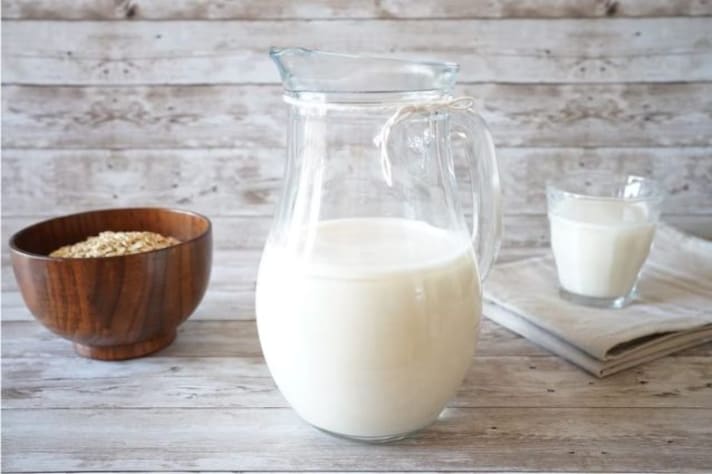Why You Should Never Drink Oat Milk
Oat milk's popularity is marred by concerns: it's high in sugars, lacks essential nutrients, raises environmental issues, may impact gut health, and poses allergy risks. Alternatives include almond, soy, coconut, pea, and hemp milks, each offering different benefits and lower environmental impacts.
;Resize,width=742;)
In recent years, oat milk has surged in popularity as a trendy dairy-free alternative, embraced by coffee aficionados, vegans, and those with lactose intolerance alike. Its creamy texture and slight sweetness make it a favored choice for a variety of dishes and beverages. However, despite its acclaim and seemingly endless rise in demand, there's a growing chorus of voices from various communities raising concerns about its purported benefits. Some nutritionists, environmentalists, and health professionals are urging a second look at the consumption of oat milk, pointing out several reasons why it might not be the healthful panacea it's often made out to be.
High in Sugars and Additives
One of the primary concerns with oat milk is its sugar content. Unlike its dairy counterpart, oat milk's base—oats—are high in carbohydrates, which are broken down into sugars during production. Many commercial brands add additional sugars and flavorings to enhance taste, leading to a higher sugar intake than one might expect from a "health" food. This can be particularly problematic for individuals monitoring their blood sugar levels or those trying to reduce their sugar intake.
Nutritional Deficiencies
While oat milk is often fortified with vitamins and minerals, it naturally lacks many of the nutrients found in cow's milk, such as protein and B12, making it a less nutritious option. Individuals relying on oat milk as a primary milk substitute might find themselves at risk of nutritional deficiencies, especially if their overall diet isn't well-rounded to compensate for these gaps.

Environmental Concerns
The environmental impact of oat milk production is another point of contention. While it's generally considered more eco-friendly than almond milk, the farming practices for oats can still contribute to deforestation, water usage, and pesticide use. The sustainability of oat milk depends heavily on sourcing and production practices, which vary widely across brands.
Impact on the Gut Microbiome
Emerging research suggests that the high fiber content in oats, while generally beneficial, may lead to changes in the gut microbiome when consumed in the form of oat milk. This is due to the processing of oats into milk, which can alter the fiber's natural structure and potentially impact digestive health.
Risk of Allergies
Oat milk can also pose a risk for individuals with specific allergies. While it's a safe option for those with lactose intolerance or dairy allergies, oats are a common allergen for some people and can also be cross-contaminated with gluten, making it unsuitable for those with celiac disease or gluten sensitivity.

Alternatives to Oat Milk
For those reconsidering oat milk, there are several alternatives available that might better suit dietary needs and environmental concerns. Almond milk, while also having its own environmental footprint, offers a low-calorie option. Soy milk provides a protein-rich alternative with a complete amino acid profile. Coconut milk is praised for its creamy texture and tropical flavor, though it's higher in saturated fats. Pea milk is emerging as a sustainable and allergen-friendly option, boasting high protein levels and a lower environmental impact. Finally, hemp milk offers a good balance of Omega-3 and Omega-6 fatty acids, making it a heart-healthy choice.
;Resize,width=767;)

;Resize,width=712;)

